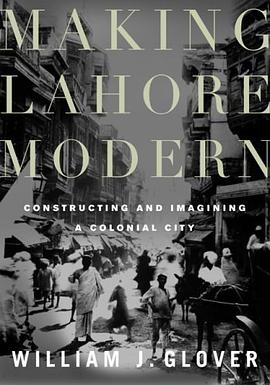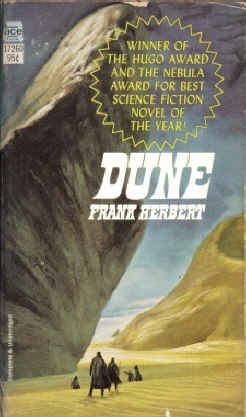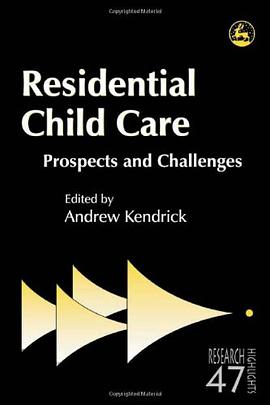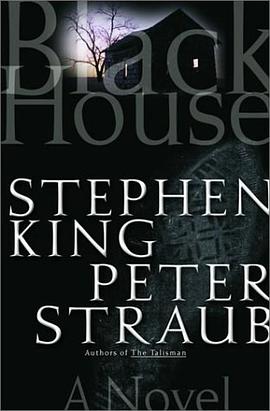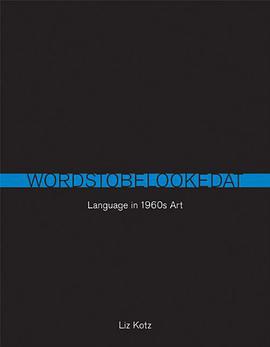

具體描述
In Mechanisms, Matthew Kirschenbaum examines new media and electronic writing against the textual and technological primitives that govern writing, inscription, and textual transmission in all media: erasure, variability, repeatability, and survivability. Mechanisms is the first book in its field to devote significant attention to storage--the hard drive in particular--arguing that understanding the affordances of storage devices is essential to understanding new media. Drawing a distinction between "forensic materiality" and "formal materiality," Kirschenbaum uses applied computer forensics techniques in his study of new media works. Just as the humanities discipline of textual studies examines books as physical objects and traces different variants of texts, computer forensics encourage us to perceive new media in terms of specific versions, platforms, systems, and devices. Kirschenbaum demonstrates these techniques in media-specific readings of three landmark works of new media and electronic literature, all from the formative era of personal computing: the interactive fiction game Mystery House, Michael Joyce's Afternoon: A Story, and William Gibson's electronic poem "Agrippa."
著者簡介
圖書目錄
讀後感
評分
評分
評分
評分
用戶評價
相關圖書
本站所有內容均為互聯網搜索引擎提供的公開搜索信息,本站不存儲任何數據與內容,任何內容與數據均與本站無關,如有需要請聯繫相關搜索引擎包括但不限於百度,google,bing,sogou 等
© 2025 book.quotespace.org All Rights Reserved. 小美書屋 版权所有


